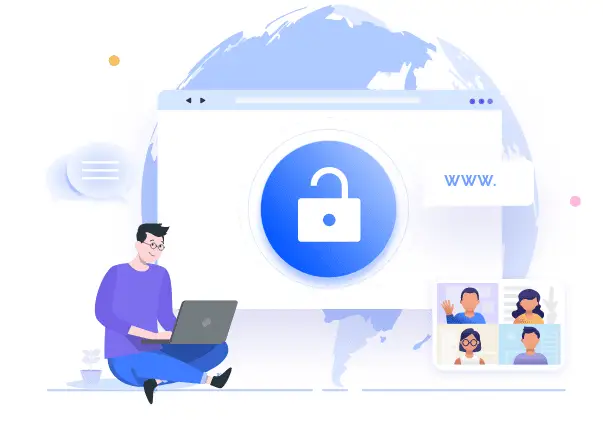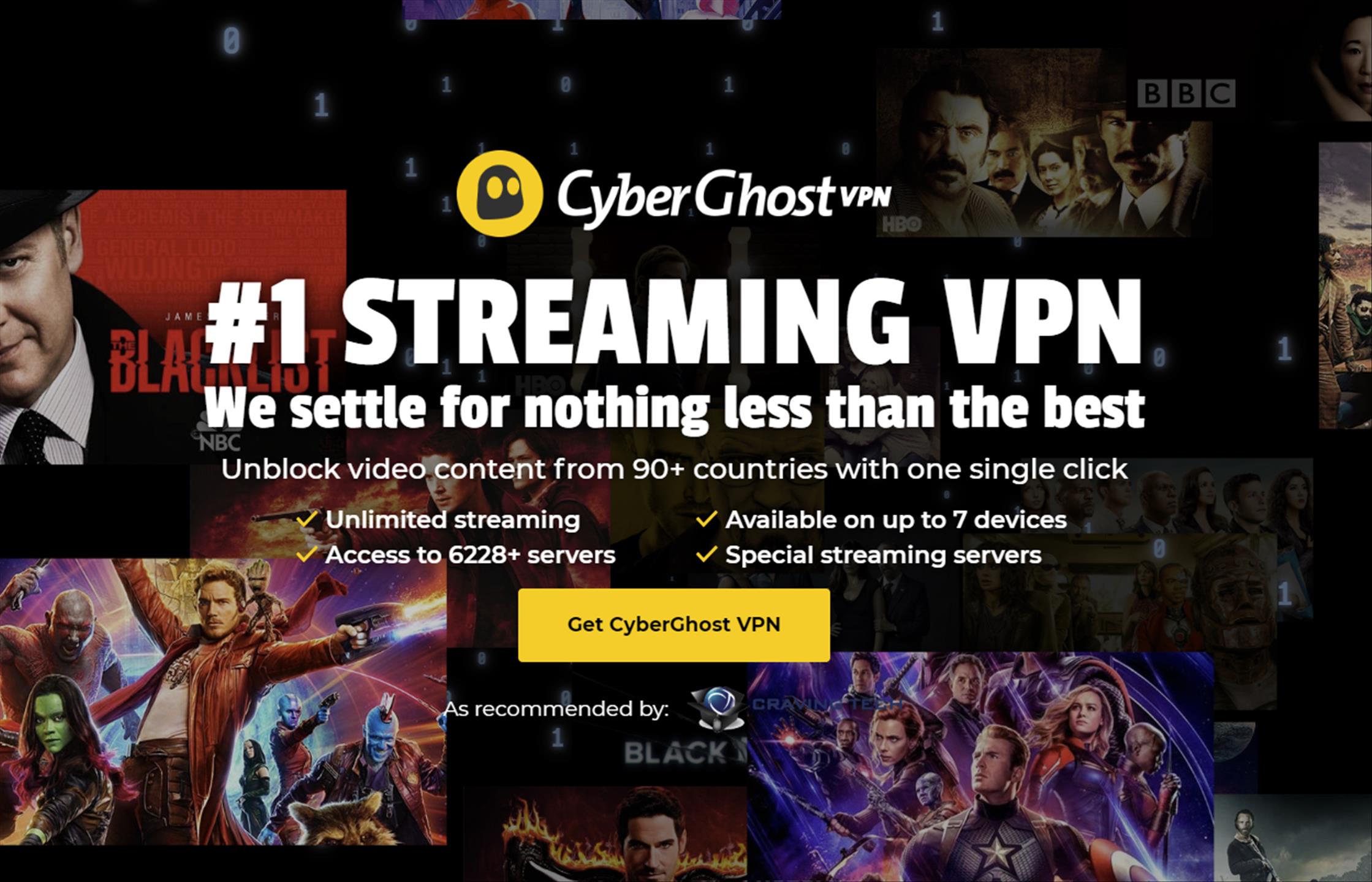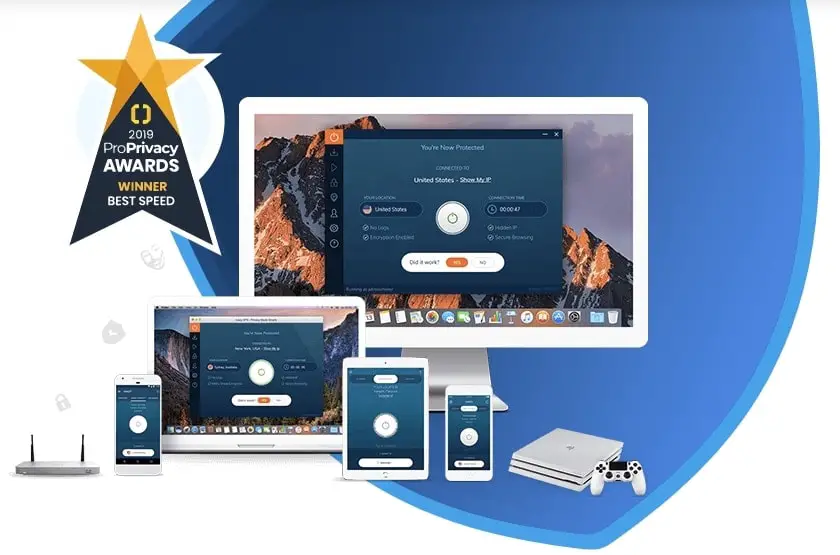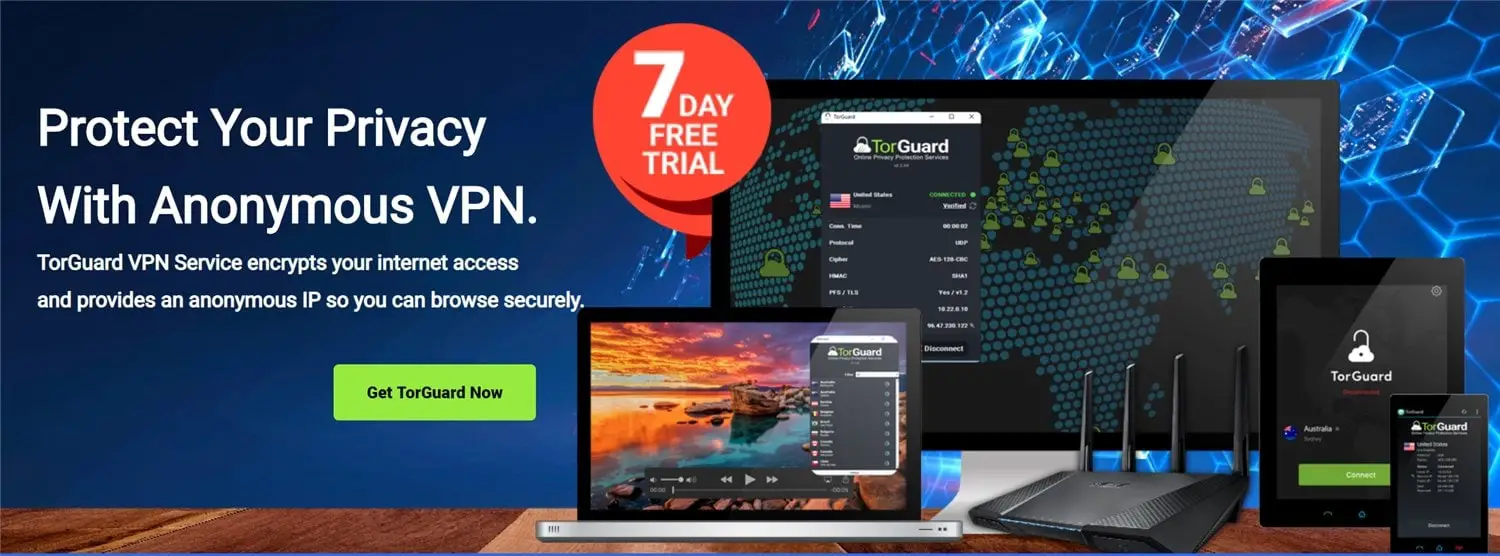
Note: This is a guest post written by Chris Roark
Encountering blocked sites on the internet can be very frustrating. Due to geographical restrictions and governmental bans, a lot of users are blocked from enjoying the wanted content from a site. Thankfully, there are ways to get around those limitations. We asked Chris Roark from BestProxyProviders to present the 3 methods to unblock websites from anywhere in the world!
Change the IP address
The IP address works as an ID of every internet user. Internet service providers and governments can access someone’s online activities and location by tracking their IPs.
So, if someone wants to bypass geographical restrictions, they’ll need to change their IP address to one corresponding to the country where that website is allowed. That way, a user will be seen as someone who resides in a different location, and their problem will be solved.
Therefore, those who wish to get access to certain blocked websites need to obtain a mediator that will help them to hide their lP address. There are three main methods that you can use to change your location.
1. Use a VPN
A VPN, such as NordVPN or ExpressVPN enables users to hide their IP addresses and encrypt their data. So, VPN allows users to visit a website using an IP address that is located in another country, where that site is available. What’s more, a Virtual Private Network won’t compromise users’ privacy and security.
The downside of using a VPN is a slower speed. Since the network works by encrypting the information first and then accessing users’ requests, the service can be very slow. In addition, the VPN occupies the entire network connection and every app’s traffic on the device where it’s installed. Therefore, it’s not the best choice for those who only need to hide their IP addresses.
Another disadvantage of using a VPN lies in the way it operates. Every action needs to run through the Virtual Private Network first. The problem is that many websites, such as online banking ones, won’t work if a user’s IP isn’t from a certain country. That would lead to users not being able to access the sites that they could visit from their own location. Thus, they would need to switch servers on and off, which is very inconvenient.
2. Use private proxies
Proxies are intermediaries between users and websites they want to visit. When users send a request to a website, proxies pass on that request on and then forward users the data from that site. There are different kinds of proxies. But, for the purpose of accessing blocked content, we recommend users to opt for private proxies.
Private proxy packages, like those listed on BestProxyProviders are the best type because they are dedicated to only one user. That gives them the highest level of anonymity and privacy. In addition, users have their own, authentic IP address from any place in the world. Thus, private proxies can make it appear as if a user is accessing a certain website from a country where its content is allowed.
What’s more, according to How-To Geek private proxies are very fast. They only act as middlemen. So, they don’t need time for encrypting the data, and users will be able to get things done much faster.
3. Use a Smart DNS service
Smart DNS services mask users’ IP addresses and help them access restricted content. The difference between a Smart DNS and proxies or a VPN is the fact that a person’s IP remains the same. The Smart DNS only tricks the website into wrongly identifying the user’s location.
This service intercepts the requests to a certain site and replaces any information from that request that can reveal the true location. So, a Smart DNS is another great way to unblock websites.
The downside of a Smart DNS is the fact that it won’t help with protecting privacy or controlling the anonymity of an IP address. What’s more, there is a chance that the service that a user wants to unblock isn’t on a provider’s list. But, that isn’t a common problem since a lot of DNS services offer a wide variety of options for their customers.
In conclusion
We know that users want to make the most of what the internet has to offer. Therefore, we came up with this article in order to present the best methods for accessing blocked websites. By choosing their preferred method, users will be able to hide or change their IP addresses and enter any site they want to visit.
So, the 3 best ways to access restricted websites are using a VPN, private proxy, or a Smart DNS service. Users will be happy with any of these methods.
However, we really wanted to make things easier for every user out there. So, we thoroughly examined the upsides and disadvantages of every option and found the best one — private proxies. They are fast, reliable, and provide anonymity while giving you the ability to change the location of your IP address!






